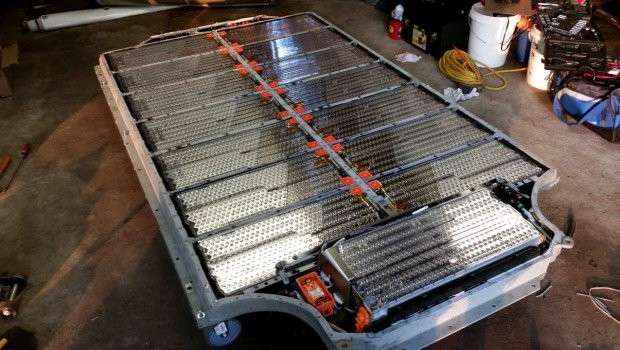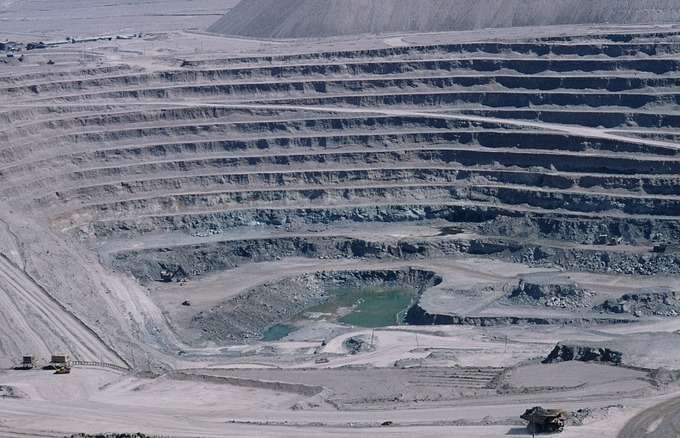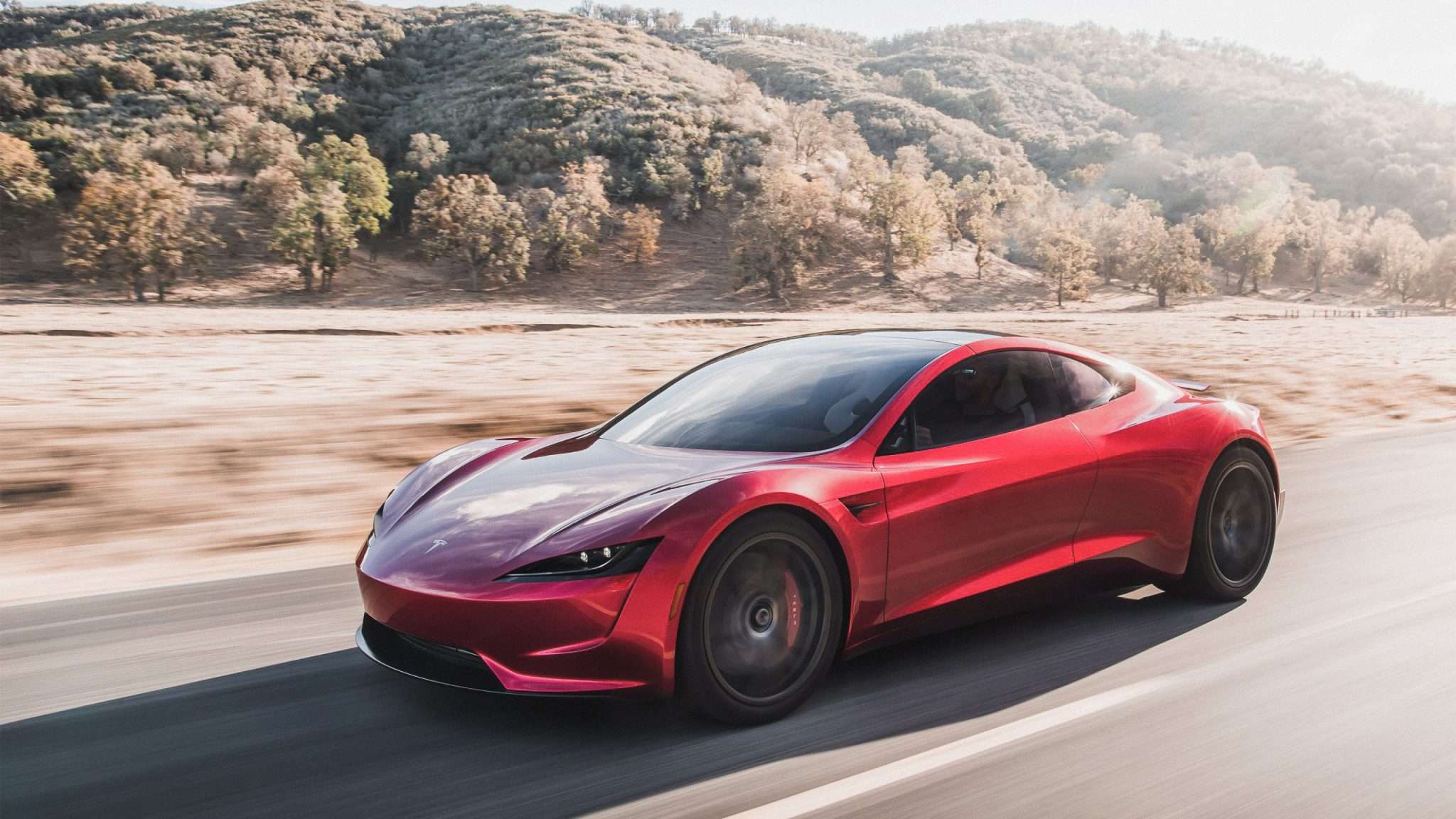Tesla Motors says it’s now able to recycle more than 92 percent of EV battery materials in its efforts to make the industry more sustainable.
Electric cars that run on lithium-ion batteries help to eliminate the need for fossil fuels, but they bring their own environmental impact, chiefly when it comes to mining and recycling.
In its 2020 Impact Report, Tesla explains how the car’s battery pack is designed to “outlast the vehicle itself.”
Now, it says its battery factories are focused on “in-house, closed-loop recycling system that will ensure 100% of Tesla batteries received are recycled and up to 92% of their raw metals reused.”
EV battery recovery
The process has been years in the works. Tesla says it’s been working with a number of third-party recycling firms on end-of-life battery recovery. It installed the first phase of its cell recycling facility at its Nevada Gigafactory last year.
Its Germany-based factory should be online soon, too. “As the manufacturer of our in-house cell program, we are best positioned to recycle our products efficiently to maximize key battery material recovery,” Tesla explains. “With the implementation of in-house cell manufacturing at Gigafactory Berlin-Brandenburg and Gigafactory Texas, we expect substantial increases in manufacturing scrap globally.”

This recycling helps reduce the need for mining minerals, like cobalt, which is one of the biggest criticisms of the EV industry. Seventy percent of the world’s cobalt comes from the Democratic Republic of the Congo (DRC). As much as thirty percent of the country’s cobalt mine operations are artisan or small-scale operations (ASM).
Cobalt mining
But while small may sound like the mining operations are more manageable, therefore less prone to corruption, that may not be the case. That’s according to Professor Dorothée Baumann-Pauly, director of the Geneva Center for Business and Human Rights at Geneva University’s School for Economics and Management and research director at the NYU Stern Center for Business and Human Rights.
According to Dr. Baumann-Pauly, significant human rights violations have been documented in DRC cobalt mines.
“For years, human rights groups have documented severe human rights issues in mining operations. These human rights risks are particularly high in artisanal mines in the DRC, a country weakened by violent ethnic conflict, Ebola, and high levels of corruption. Child labor, fatal accidents, and violent clashes between artisanal miners and security personnel of large mining firms are recurrent,” she said in a blog post.
“Solutions need to be put in place before the electric vehicle boom really takes off.”
-Professor Dorothée Baumann-Pauly
Dr. Baumann-Pauly points to recent projections by the World Economic Forum’s Global Battery Alliance, which estimates a fourfold increase in demand for cobalt as 2030 deadlines to phase out combustion engine vehicles across the globe grow nearer. This, Dr. Baumann-Pauly says, could help the industry make a critical pivot.

“The increasing world demand for battery minerals presents a unique opportunity to develop a model for responsible ASM cobalt. The benefits from the cobalt model could apply to the estimated 40 million artisanal miners around the world that work on extracting different minerals for a living. Solutions need to be put in place before the electric vehicle boom really takes off,” she says.
Working toward 100 percent recyclability will help reduce an EV’s overall environmental impact. Lithium-ion battery production produces between 61-106 kilos of CO2 equivalents per kilowatt-hour of battery capacity.
Tesla says it’s off to a strong start; in 2020 it recycled 1,300 tons of nickel, 400 tons of copper, and 80 tons of coballt.
And it’s confident that ultimately, the battery recycling will create “significant” savings over the long term. “[A]nd recycling will be far lower than purchasing additional raw materials for cell manufacturing.”
Read: As Lamborghini and Ferrari Embrace EVs, They’re Ushering In the End of Combustion Engines


